Smaller farms can benefit from CAUV
Bob and Polly Givens are on a mission to inform small landowners-homesteaders of the advantages of CAUV.
Read MoreTrevor German is the first beginning farmer to complete a transaction through the new Ohio Beginning Farmer Tax Credit Program.
When Trevor German completed a farm management course, he gained more than practical knowledge about how to start and run his farm. The course also helped him qualify for Ohio’s new Beginning Farmer Tax Credit Program, which sealed the deal when he was buying farmland.
“The tax credit was actually the reason I was able to get the ground,” German explained. “The seller was highly motivated in finding somebody with the tax credit, so it ended up getting me the deal.”
The Beginning Farmer Tax Credit Program offers income tax credits to owners of land or other agricultural assets who sell or rent to beginning farmers who meet the program qualifications. Ohio Farm Bureau initiated and advocated for the legislation for years. It was signed into law in 2022 and became effective for the 2023 tax year.
Asset owners who participate in the program receive an income tax credit equal to 3.99% of the sale price of the land, livestock, machinery, buildings or other agricultural assets they sell. If they are renting the assets to a qualified beginning farmer, they receive a tax credit of 3.99% of the annual gross rental income for the first three years of the rental.
A beginning farmer participating in the program can also claim an income tax credit for the cost of a financial management course required to qualify for the program. The Ohio Department of Agriculture administers the program.
Sarah Huffman, the executive director of ODA’s Office of Farmland Preservation, said the program is intended to give beginning farmers a good business foundation and set them up for success. Qualifying for the program gives beginning farmers an advantage when they want to buy or rent farm assets, she added. “It’s a bargaining chip for them.”
The program’s tax credits give retiring farmers an incentive to sell or rent to beginning farmers, Huffman pointed out. In some cases, an asset owner may be able to lower the price because of the tax credit available.
ODA has approved 12 farm financial management courses that beginning farmers can complete to qualify for the program. Some of the courses are offered by universities or community colleges and others are available through farm lenders and Farm Service Agency-approved vendors. Besides taking one of the courses, farmers must meet other criteria, such as submitting projected earnings statements.
The course requirement shouldn’t be seen as a deterrent for interested farmers, Huffman said. “No beginning farmer should be scared about having to go back to school. These programs are designed to give them the tools they need to help them along as they figure out what their plans are going to be and how they’re going to run their business.”
German, who was the first beginning farmer to complete a transaction through the program, said he had no immediate plans to buy land when he applied for the program. “When I started the class, there was nothing for sale,” he said. But, he wanted to be ready for future opportunities, he explained. “It was one of those tools I wanted to have in my back pocket.”
German graduated last spring from Ohio State and while he was there he took one of the qualifying courses. He was able to claim a tax credit for the tuition he paid for that class. Now the 23-year-old is farming with his grandfather, Ron Baumgarte and his younger brother, Kyle German near Delphos, Ohio.
Besides helping produce corn and soybeans on the 200-acre family farm, German has started an agricultural drone business, Eagle Eye Agriculture. The business offers crop imagery and scouting services as well as drone fungicide application and cover crop seeding.
When 20 acres right around the corner from the home farm came up for sale last year, German knew it would be a valuable addition to his operation. Besides giving him additional crop ground, the land gave him a good spot to test variable rates of drone-applied fungicide.
If he hadn’t already completed his farm management course and started the application process for the tax credit program, German might have missed the chance to buy the land, he said. “It doesn’t come up very often, so you’ve got to jump on that while you have the opportunity.”
Younger farmers can be at a disadvantage when they are competing with more established farmers for land or other farm assets. But the tax credits can help open doors, German said. “When you have the tax credit, you can at least get those conversations started.”
So far, 10 beginning farmers have qualified for the program and three transactions have been completed. Huffman said she hopes to see retiring farmers working through the program to seek out qualified beginning farmers as they plan transition of their farm assets. “We’re optimistic that in 2024 we’re going to see more transactions happening.”
Membership made it happen
Years in the making, and thanks in large part to the efforts of Ohio Farm Bureau, the Beginning Farmer Tax Credit is available to those who’ve recently entered the field, as well as those who help beginning farmers.
“The idea for House Bill 95 all started because younger Ohio Farm Bureau members who were working their way into agriculture and more experienced members looking to step away from the industry were facing many obstacles when it came to working on a transition plan,” said Adam Sharp, Ohio Farm Bureau executive vice president. “Through their recommendations, our organization worked through the policy development process to successfully add incentives for new and beginning farmers to the list of important issues Farm Bureau advocates for every day. Those grassroots efforts have now come to fruition with the passage of this legislation.”
The tax credit was created when HB 95 was signed into law by Gov. Mike DeWine April 21, 2022.
Photo by Dave Liggett


Bob and Polly Givens are on a mission to inform small landowners-homesteaders of the advantages of CAUV.
Read More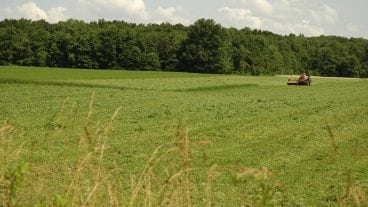
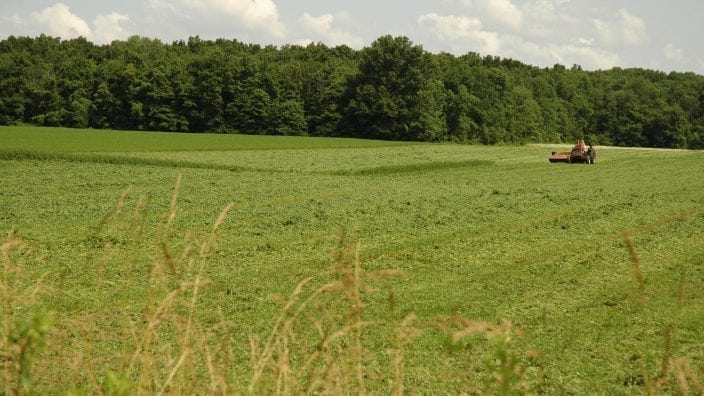
In a skyrocketing farmland market, it’s more important than ever to make sure you’re protected from the many liabilities that come from farmland ownership.
Read More
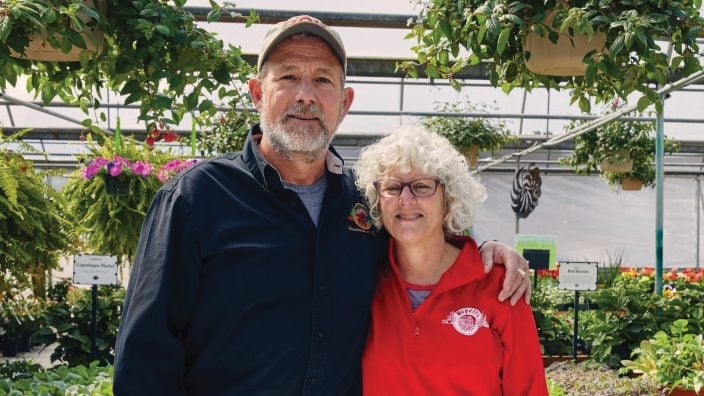
The program is the brainchild of Mike and Patti Boyert, who are ready to help the next generation of young people get started in agriculture.
Read More

The free Entrepreneurship Bootcamp would benefit newer farmers and be helpful to anyone who caters to end consumers and has been in business for five years or less. Sessions start June 8.
Read More
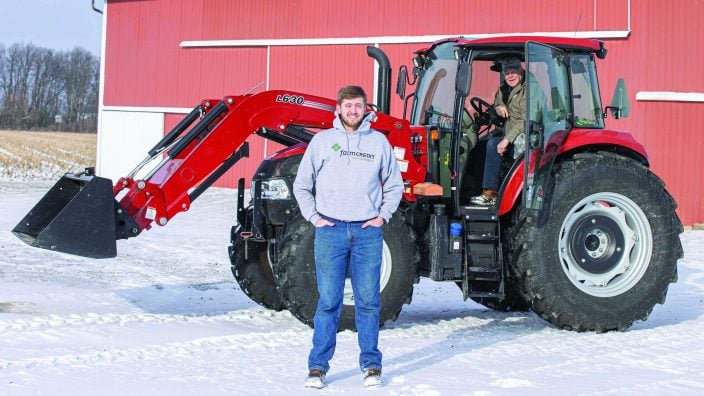
Trevor German is the first beginning farmer to complete a transaction through the new Ohio Beginning Farmer Tax Credit Program.
Read More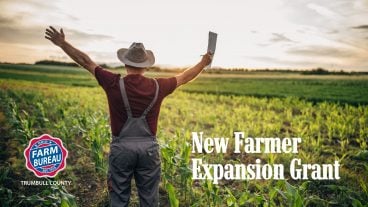
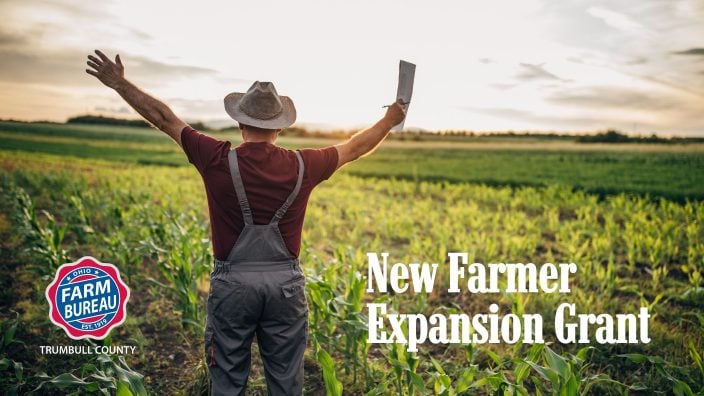
A grant is available to new and beginning farmers in Trumbull County.
Read More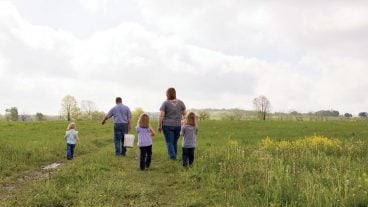
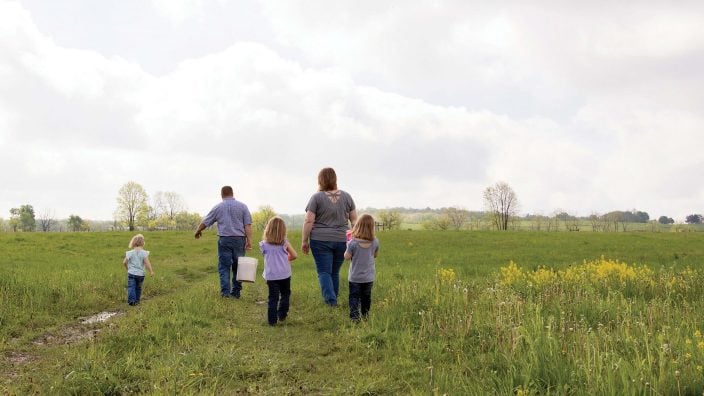
There are things young and beginning farmers should think about before starting their farm business.
Read More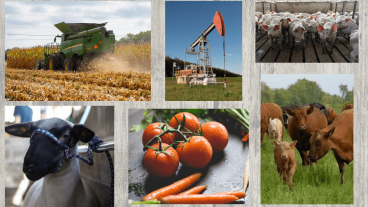
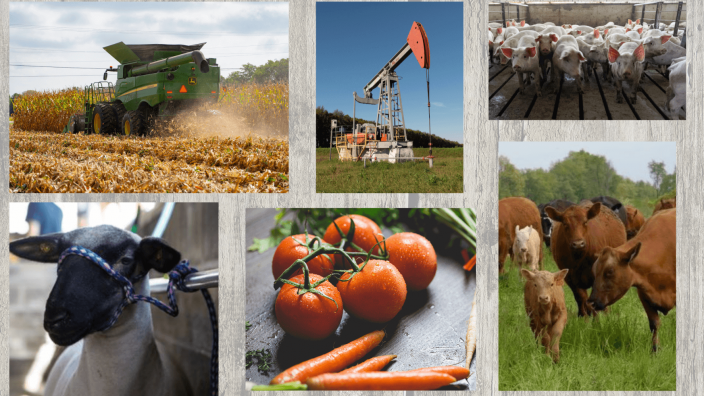
If you are thinking about starting a farm in 2024, or started one recently, here are a few tips to help you find success.
Read More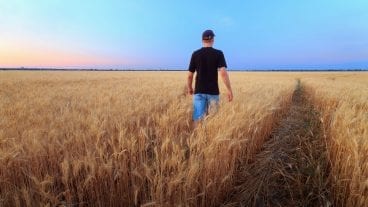
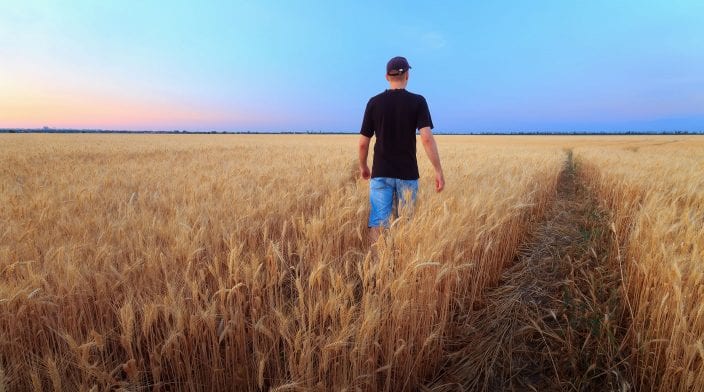
A new online farm management course offered by Ohio State will help Ohio’s beginning farmers qualify for the requirements of the Ohio Beginning Farmer Tax Credit program.
Read More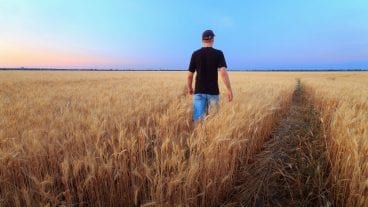
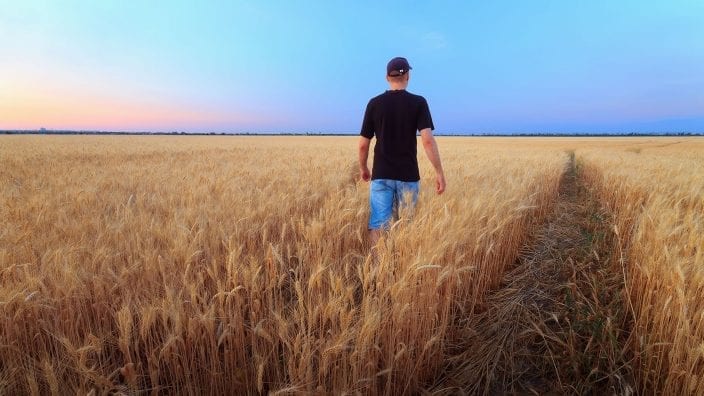
The Beginning Farmer Tax Credit is now available to those who’ve recently entered the field, as well as those who help beginning farmers.
Read More